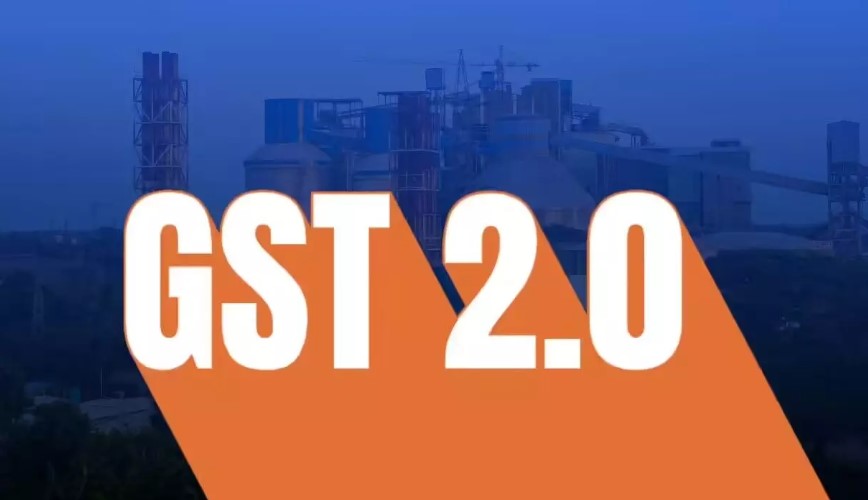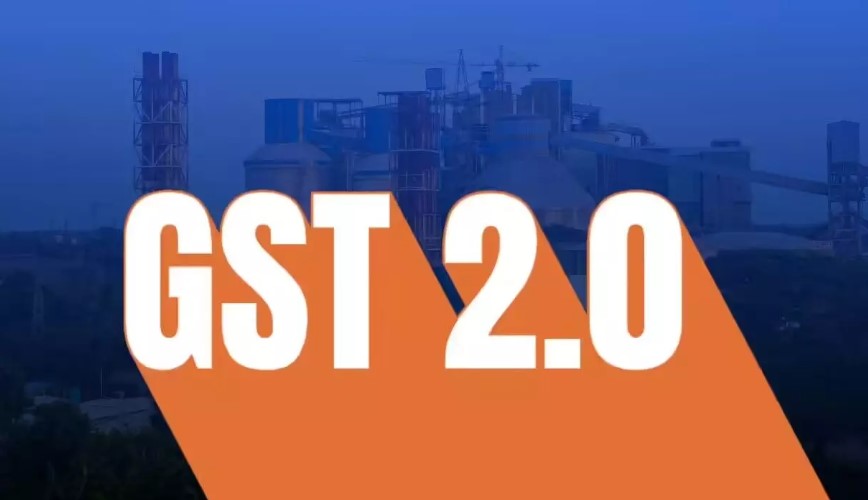6 weeks into GST 2.0, consumers still await full price relief on essentials
Six weeks after the rollout of revised Goods and Services Tax (GST) rates, a majority of Indian consumers say they have yet to feel the benefits of lower taxes on several essential products — particularly packaged foods and medicines — according to a nationwide survey conducted by community social platform LocalCircles. The survey highlights a growing mismatch between policy-level rate reductions announced by the government and their translation into lower on-ground retail prices.
The GST Council had lowered tax rates on around 80 goods and services from September 22 as part of the GST 2.0 exercise aimed at boosting consumption and easing household expenses ahead of the festive season. For packaged food and medicines, rates were cut sharply from 12–18% to 5%, while appliances and electronics saw a reduction from 28% to 18%. The automobile sector received a 10 percentage point rate cut across most vehicle categories.
However, data from over 53,000 consumer respondents across 342 districts indicate mixed pass-through of these benefits.
Essentials lag the most: Food and medicines see weak compliance.
The biggest concern arises from day-to-day spending categories. On packaged food products, only 13% of respondents reported receiving the full benefit of lower taxes. Another 33% acknowledged some reduction in prices, but a significant 42% said they received no benefit at all.
Medicines fare even worse. Despite clear directions from the National Pharmaceutical Pricing Authority (NPPA) for manufacturers and distributors to revise MRPs or issue supplementary price lists reflecting reduced GST, 49% of the consumers surveyed reported no price reduction in the medicines they purchased post-September 22. Just 21% confirmed receiving full relief, while 30% said the benefit was only partially passed on.
Consumers on social media have increasingly flagged instances of chemists charging pre-GST-2.0 MRPs despite the revised tax structure. Retailers say they are sitting on old inventory purchased at higher tax rates and risk losses if they cut prices without manufacturer compensation or input tax credit (ITC) support. Smaller chemists — especially those under the composition scheme or unregistered in GST — cannot claim ITC and are pushing for a three-month grace period to clear old stock without penalties.
White goods and electronics: Better than essentials, but the gap persists
In higher-value categories like appliances, consumer electronics and white goods, price transmission appears more visible but still imperfect. The survey shows that 33% of consumers saw full benefits of the reduction from 28% to 18%, and another 33% saw partial relief. However, 28% still reported no change in prices. Retailers argue that pricing cycles for big-ticket products take time to adjust, especially in cases where stock was procured weeks in advance.
Given that these goods are often purchased after lengthy deliberation, incomplete pass-through continues to affect consumer sentiment even at the premium end of consumption.
Vehicles lead compliance — festive sales reflect confidence boost
The automotive industry has done comparatively better in executing downward price adjustments. According to the survey, 47% of vehicle buyers received the full GST benefit, and 34% received it partially. Only 14% stated they received no reduction.





